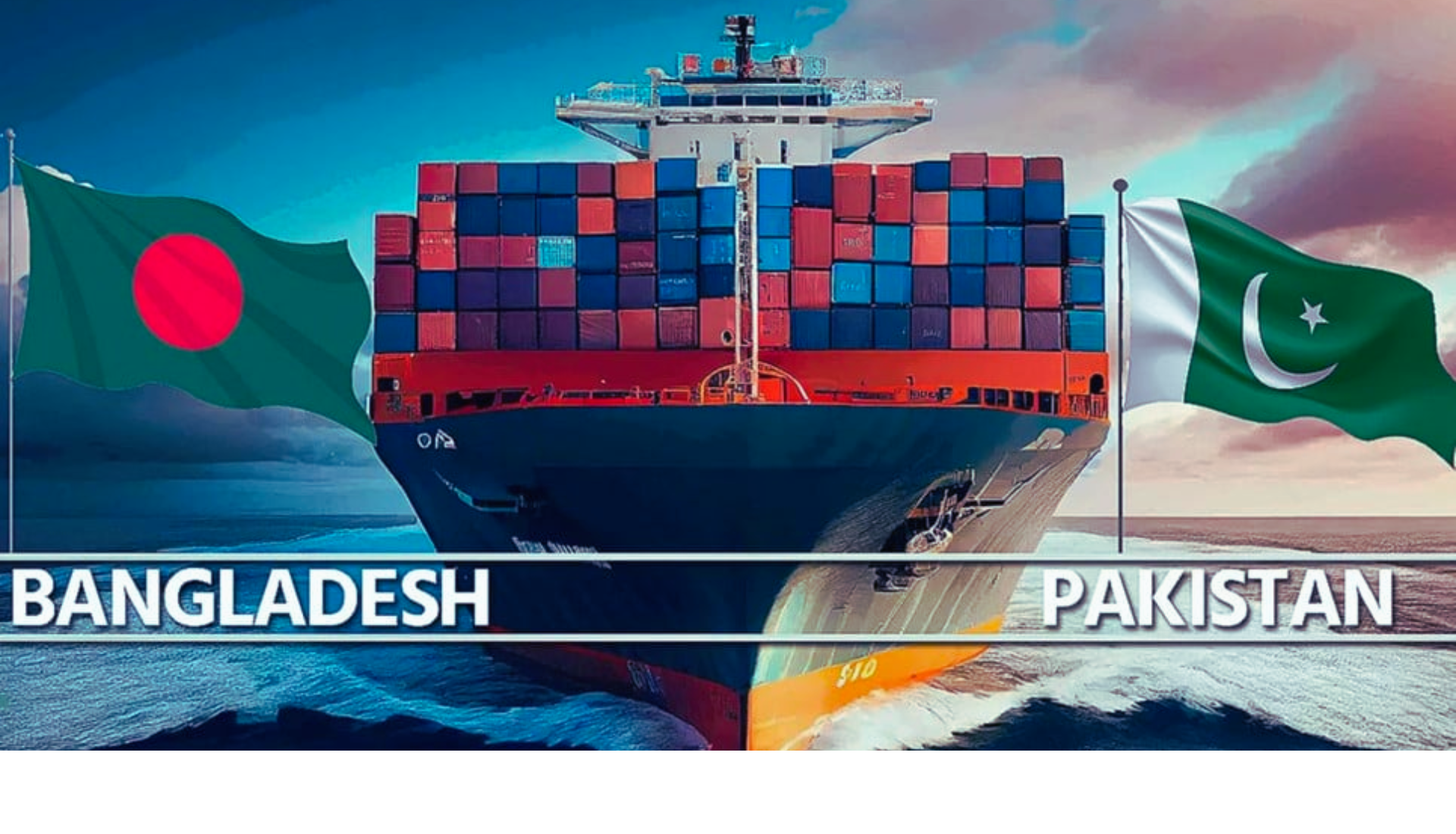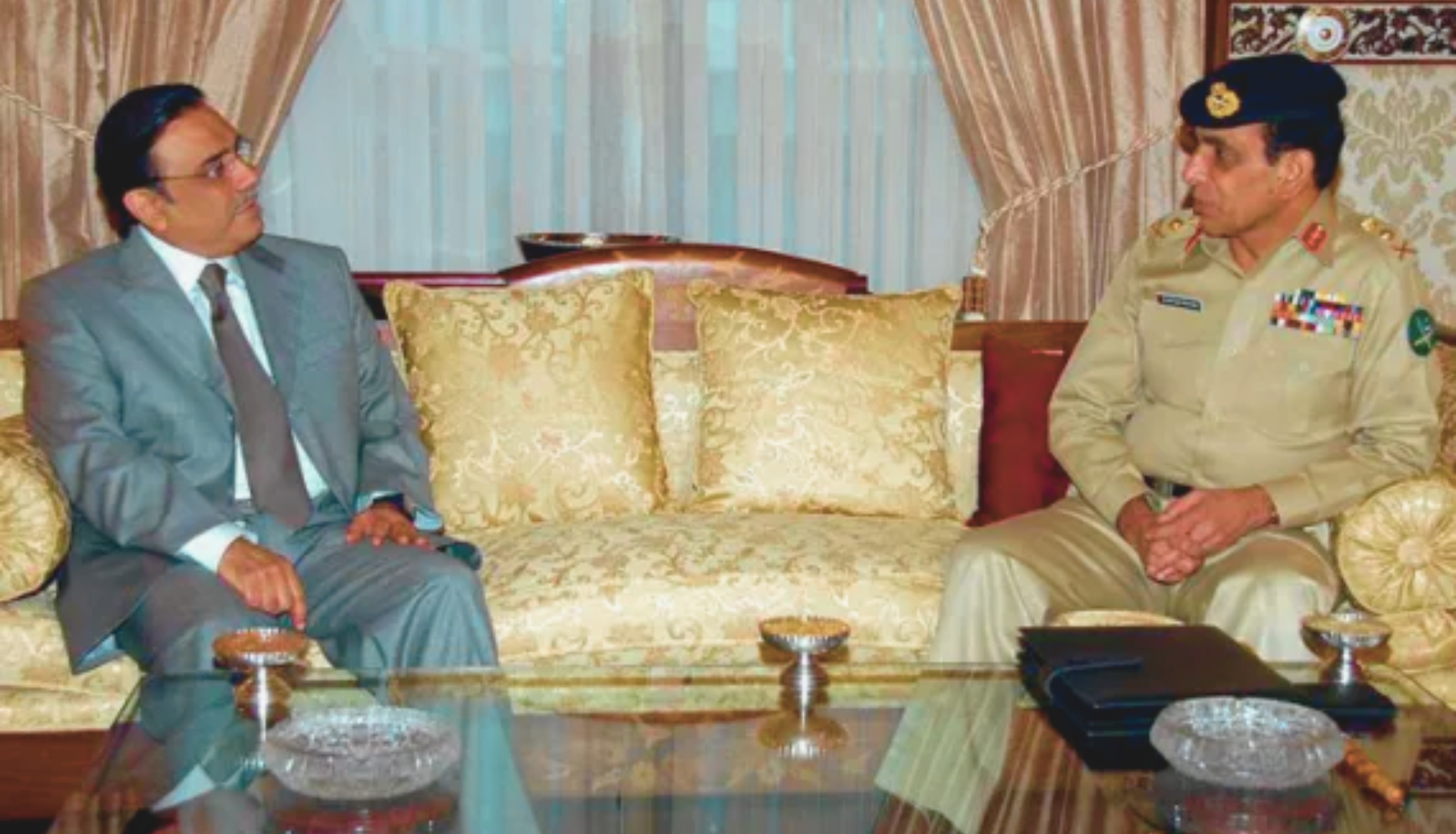A new mandate from the new parliament is presented before the Government of Sri Lanka. Including reviving the economy through proposed means.
The mandate necessitates the efforts aimed at stabilizing the economy while keeping the country’s sovereignty intact, says the local experts.
A Clear Mandate to the New Government of Sri Lanka
In the elections held on Wednesday, the Sri Lankan voters have elected Sri Lanka Podujana Peramuna (SLLP), winning them a total of 145 out of 225 parliament seats.
A Mandate is presented before them clearly stating the need to synthesis a solution to low GDP, unemployment, and rising costs of living. The president of the international business Council Kosala Wickramanayake confirmed.
Business Community Calls for a Policy Reform
Wickremenayake said that the business community asks for policy reform. Primarily in terms of tax reforms, ease of doing business, and uplifting local and foreign investment.
Small and medium enterprises constitute 50% of the GDP and create 75% of jobs. Given its economic significance the sector is in dire need of support, he added.
He further added that the government deserves appreciation for conducting successful elections amidst the pandemic.
Historic Victory in the Parliamentary Election
Asanga Abeygoonesekera, founding director-general of the Ministry of Defense Institute of National Security Studies Sri Lanka (INSSSL) said, “This election victory is historic and comparable to the first post-war parliamentary election in 2010.”
“People have given the trust to the leadership of the president and prime minister to strengthen national security and protect the country’s territorial integrity and sovereignty from both domestic and external threats,” he said
The Primary Focus of the New Government
Political and economic analyst and former executive director of the Pathfinder Foundation, Luxman Siriwardena, said that protecting the public against economic repercussions of the pandemic concerns the government on a priority basis.
“The government will have to create a conducive environment for foreign investment and negotiate with multilateral lenders in order to shore up foreign exchange reserves,” he remarked.
First China-Sri Lanka Conference on BRI
On June 11, 2020, the first conference of the China-Sri Lanka Political Parties Belt and Road Consultation Mechanism was conducted.
The virtual meeting was themed “Working Together to Promote Economic Development and Improve People’s Lives Through Belt and Road Cooperation.”
Also, prominent officials from both the ends joined in over the video call. The officials include minister of the International Department of the Central Committee of the Communist Party of China (CPC), Song Tao. As well as leaders of Sri Lanka’s major political parties.
Also, the representatives from prominent think tanks and business communities took part in both countries.
Belt and Road Cooperation
A joined statement over establishing a high-quality belt and road initiative was issued to the participants at the conference.
Both the Chinese President Xi Jinping and Sri Lankan President Gotabaya Rajapaksa reached a consensus over taking forward the construction of the Belt Road initiative.
Anticipating Investments under BRI
The Sri Lankan attendees of the conference showed anticipation for investments from China in different sectors. Mainly, Education, Health care, finance, telecommunication, and infrastructure.
Qu Fengjie, a researcher with the National Development and Reform Commission of China said, “China alone can’t meet all the capital needs. As a result, countries concerned in advancing the joint construction of the Belt and Road are exploring new mechanisms for financing and investment”.
He further added that bilateral and trilateral funds will support BRI development projects.
An Economic Alliance in the Making
The new government priority concerns align with the need to have development projects as BR. Running successfully in the upcoming time period. Since BRI is an investment project that the country foresees fostering many other related economic opportunities. Economic cooperation will grow over time.
However, how will the country balance between maintaining good terms with both India and China? This remains a question for the future.

![Supporters of Prime Minister Mahinda Rajapaksa celebrate election win near his home in the southern town of Tangalle, Sri Lanka [Lakruwan Wanniarachchi/AFP]](https://southasiatimes.org/wp-content/uploads/2020/08/aaefc6859c984b84bed81fdaffc5d511_18.webp)




